| 1. |
Find the clause in the sentence. Remember, a clause could make a complete sentence on its own. Before lunch, I will finish reading my book. 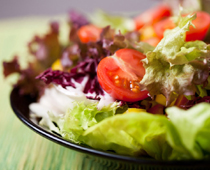
|
||||||||
|
| 2. |
Find the clause in the sentence. Remember, a clause could make a complete sentence on its own. She walked up the stairs, laughing softly. 
|
||||||||
|
| 3. |
Find the clause in the sentence. Remember, a clause could make a complete sentence on its own. The sun was shining on the pitch, blinding the team. 
|
||||||||
|
| 4. |
Find the clause in the sentence. Remember, a clause could make a complete sentence on its own. Despite being dark and gloomy, the weather made him happy. 
|
||||||||
|
| 5. |
Find the clause in the sentence. Remember, a clause could make a complete sentence on its own. The dog, not altogether unsurprisingly, hates having a bath. 
|
||||||||
|
| 6. |
Find the clause in the sentence. Remember, a clause could make a complete sentence on its own. Edna, my Nan's best friend, asked me if I like gooseberries. 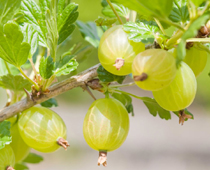
|
||||||||
|
| 7. |
Find the clause in the sentence. Remember, a clause could make a complete sentence on its own. Over the fields and through the woods, the deer ran. 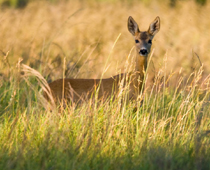
|
||||||||
|
| 8. |
Find the clause in the sentence. Remember, a clause could make a complete sentence on its own. Tired of practising, she quietly closed the lid of the piano. 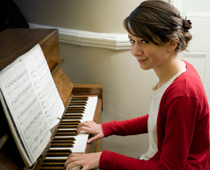
|
||||||||
|
| 9. |
Find the clause in the sentence. Remember, a clause could make a complete sentence on its own. The goalkeeper eyed the striker, leaning forward intently. 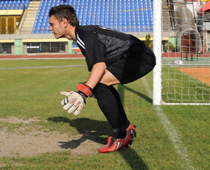
|
||||||||
|
| 10. |
Find the clause in the sentence. Remember, a clause could make a complete sentence on its own. Coming home, I could smell the delicious scent of spaghetti bolognese, my favourite meal. 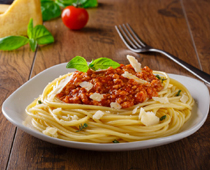
|
||||||||
|
